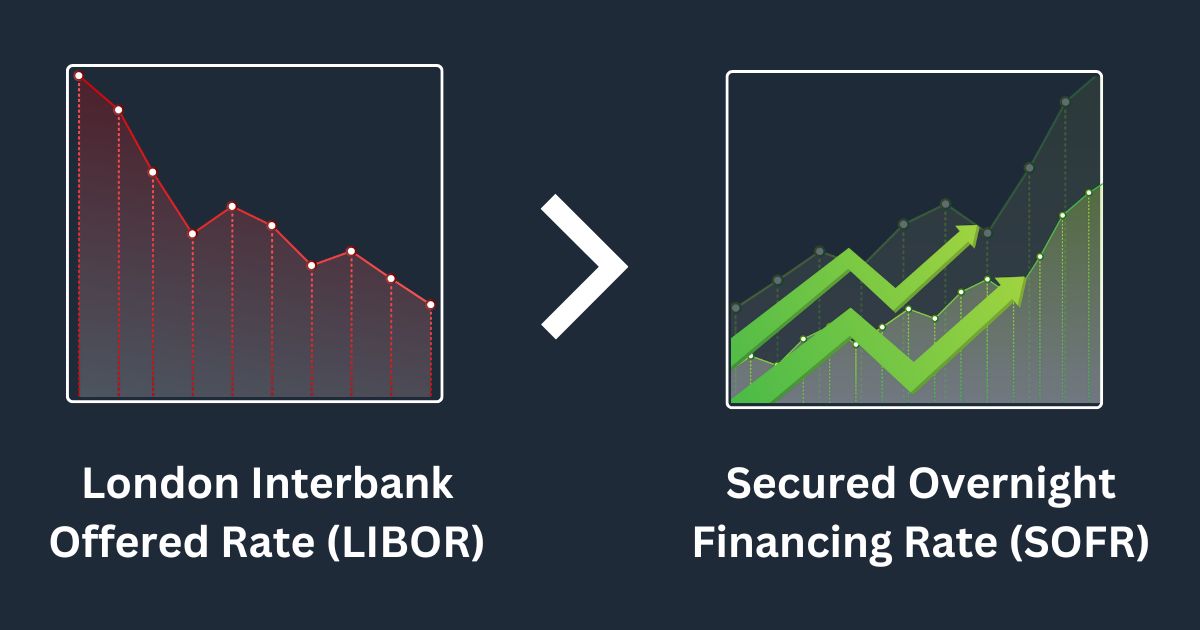The Reserve Bank of India (RBI) is expected to take longer than expected to announce any relief in the interest rates in the country, according to market experts. This has fuelled concerns among investors, particularly the home loan borrowers who were waiting for an early relief in monthly EMI payments.
The delay in rate cut announcement by the RBI became a strong possibility after the comments by US Federal Reserve Chairman Jerome Powell in the recent monetary policy review.
According to the latest Bloomberg survey, the RBI will likely delay cutting interest rates until the final quarter of the year.
Experts believe that the RBI may start cutting its benchmark repurchase rate, currently at 6.5%, by a total of 50 basis points (bps) in the October-December period before pausing for a few months, the monthly survey shows. In the earlier survey, economists had predicted a reduction in the July-September quarter.
In its recent monetary policy review, Fed Chairman Jerome Powell suggested that interest rates should remain restrictive for an extended period. Stickier inflation is the main reason behind the Fed’s cautious stance. In the US, Job gains have remained strong and the unemployment rate has remained low. This has further kept the central bank’s hands tied. The Fed usually slashes rates when the economy is weakening and needs help.
According to data released by the Labor Department’s Bureau of Labor Statistics on Wednesday (April 10), the US consumer price index (CPI) rose 0.4% month-on-month (MoM) and 3.5% year-on-year (YoY).
Last week, at the conclusion of its two-day Federal Open Market Committee (FOMC) meeting, the Federal Reserve left the benchmark interest rates unchanged at 5.25% – 5.50%, aligning with Wall Street estimates. This was the sixth consecutive time that the US central banks kept the rate unchanged and signalled no plans for cuts in the near future amidst higher-than-expected inflation.
After raising the policy rate by 5.25 percentage points since March 2022 in one of the swiftest Fed reactions to rising price pressures, the central bank has now kept the policy rate on hold since July 2023 to combat inflation.
Since the US is the world’s largest economy, the rate decision by its policymakers impacts the other economies as well. With India being no exception, it is likely that a delay in a rate cut by the US Fed will weigh on RBI’s rate decision in future.
Other factors that will impact RBI’s decision on future interest rates include global crude oil prices and the progress of the monsoon. India depends on the import of crude oil to meet its energy needs and thus rising crude oil prices could be a headache for New Delhi. Moreover, the RBI also maintained a hawkish stance in its latest policy review, emphasizing the risks posed by food pricing in achieving its inflation target of 4%.
The RBI said, “ The inflation trajectory, going forward, would be shaped by the outlook on food inflation, about which there is considerable uncertainty. Adverse weather events remain the primary risk with implications for the rabi crop. Increasing geopolitical tensions are leading to supply chain disruptions and price volatility in key commodities, particularly crude oil.” The CPI inflation is projected at 5.4% for the current year (2023-24) with Q4 at 5.0%.
At its bimonthly monetary policy committee meeting held on April 5, the Reserve Bank of India (RBI) kept the repo rate unchanged for the seventh consecutive time, The last time the repo rate was hiked was in February 2023 when it was raised to 6.5% from 6.25%.
The current pause in the repo rate means that home loan borrowers have to continue paying higher EMIs on the prevailing high-interest rate for some more time.
Impact Of Interest Rates on Home Loan Borrowers in India?
It may take longer for the interest rate to come down in the country. Unless there is a generic decline in interest rate, there is very limited scope for home loan borrowers to get any relief from the burden of their home loan EMI.
Any increase or decrease in interest rates has a direct impact on your Home Loan EMIs. If the interest rate rises, it may become more difficult for some people to afford a home loan, as their monthly repayments will be higher. Conversely, if the interest rate drops, obtaining a house loan can become more accessible. At a time when there are a lot of uncertainties on whether the central bank will bring down interest rates or not, there are many ways that can help you reduce your home loan EMI.
To know more about 5 different ways that can help home loan borrowers reduce their home loan EMI, refer to our article – 5 Different Ways That Can Help You Reduce Secured Loan EMI Amidst RBI’s Hawkish Policy Stance
















